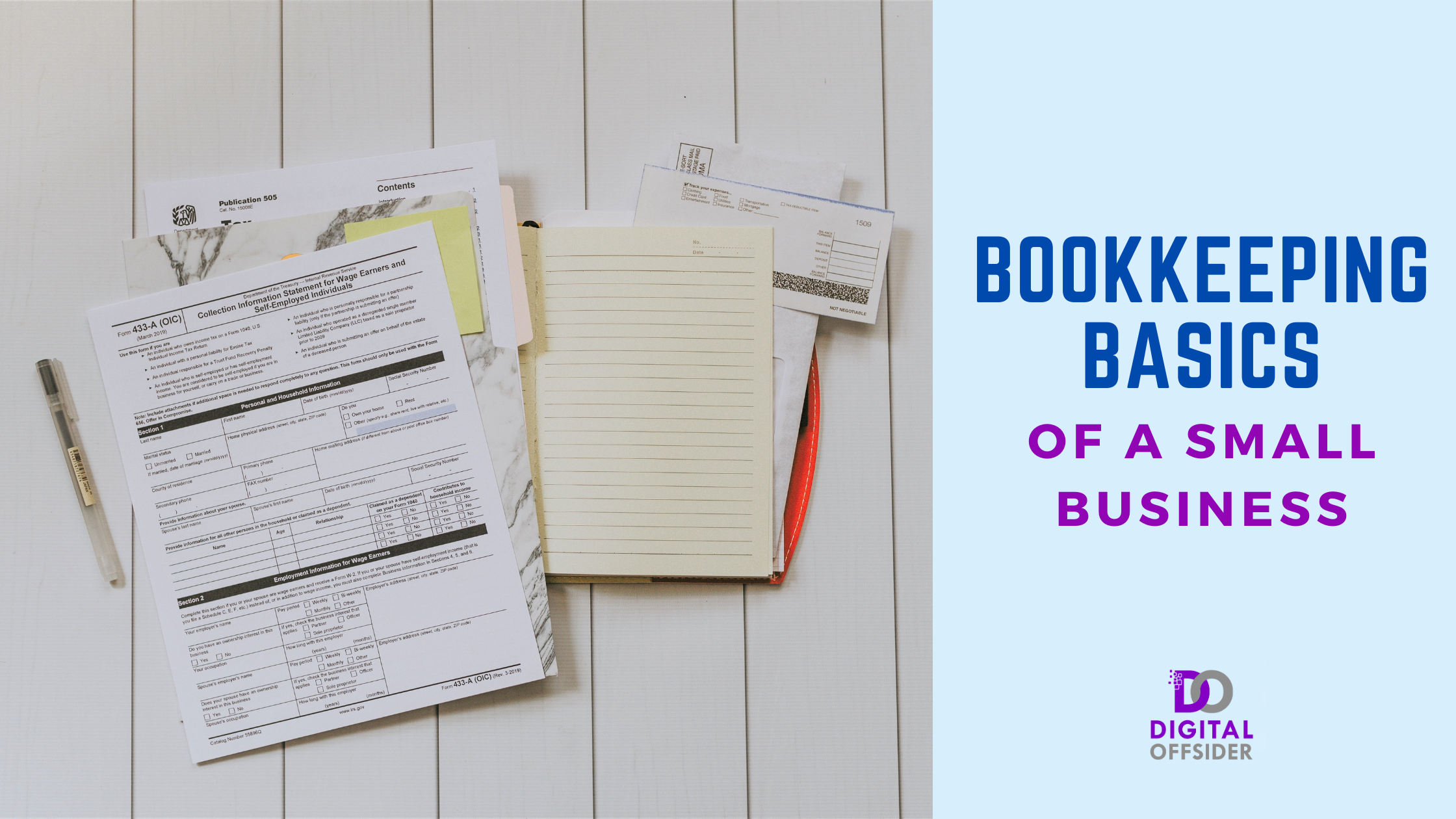Bookkeeping might not be the most exciting thing on your checklist if you’re starting a business. But the most daunting things are often the most important, and so is the case for bookkeeping. Not only can it save you time making financial reports, but it also allows you to see which strategies in your business are working or not!
What is bookkeeping?
Bookkeeping is the system used to track the financial transactions of a business. Ideally done on a day-to-day basis, a bookkeeper should accurately update all the transactions in a business.
A bookkeeper does not need to be a certified public accountant (CPA). If you’re a start-up, you might be your own bookkeeper for a while or assign someone working in your company to do the task. They should be diligent, detail-oriented, and are efficient with numbers.
Of course, it’s always best to seek a certified accountant to guide you in solid accounting principles. Your in-house bookkeeper can send regular summary reports of transactions, and the accountant can prepare an official financial statement.
DIY bookkeeping basics
Here are a couple of things you need to accomplish to get started on your business’s bookkeeping strategies.
Choosing an accounting method
You have two basic options: cash-basis accounting and accrual accounting.
- Cash-basis accounting is recording transactions when cash exchange happens. So every time someone pays you or every time you purchase something, this gets recorded.
- On the other hand, in an accrual accounting method, every transaction is recorded, even if there hasn’t been an exchange of cash. Say you ordered some stock items to be delivered and paid for the next week, every transaction (ordering, delivery, and final payment) is recorded.
You can create a computerized accounting system that gives you access to your financial information across devices and makes it easy for you to encode data.
Have designated journals
Small companies can conduct hundreds to thousands of transactions in a year. , It’s going to get crazy real quick and be difficult to use if every transaction were kept in one database. Instead, use a series of journals that detail activity in your most active accounts.
You can have journals that detail sales, purchases, customer accounts, vendor accounts, and other key accounts you find significant to your organization.
Keep inventory updated
You’ll see that well-designed bookkeeping can make your job of managing finances so much easier.
Make sure to take inventory regularly; how much you have on hand and how much was sold. If you are an active retail store, a daily inventory is ideal. If not, try not to go over a month when making physical counts.
Assess your sales
Use your bookkeeping to monitor sales, review discounts offered to customers, and track the return of products. This is a great way to find out whether your strategies are working. Assess the numbers and analyze the data to see which areas of your business you need to improve.
Getting started with bookkeeping by yourself can be very daunting. Luckily, most start-ups serve as their own bookkeepers, so there’s a whole lot of community information that can help you out on your way!


